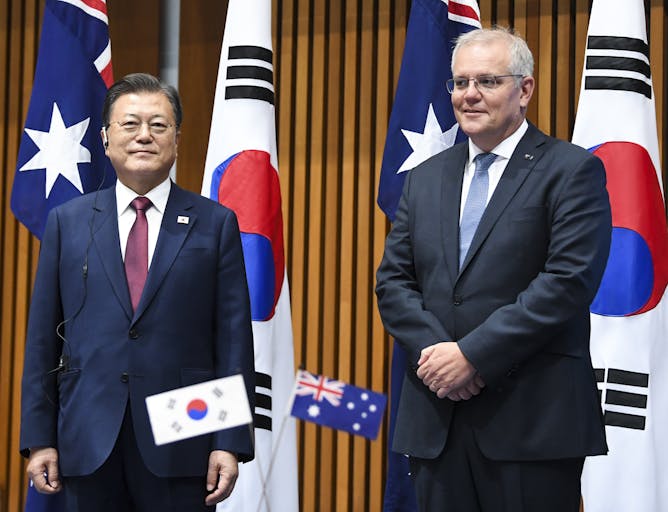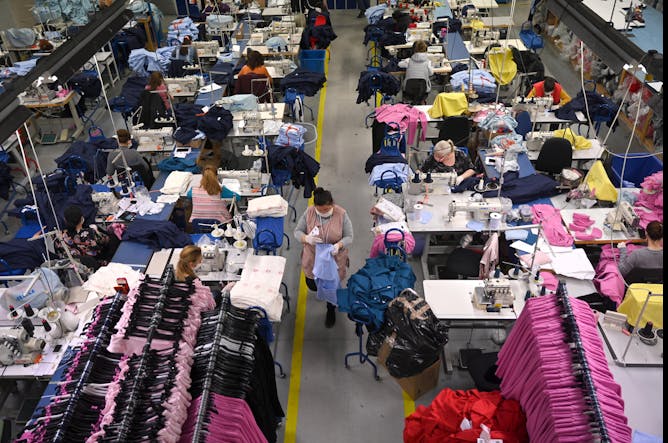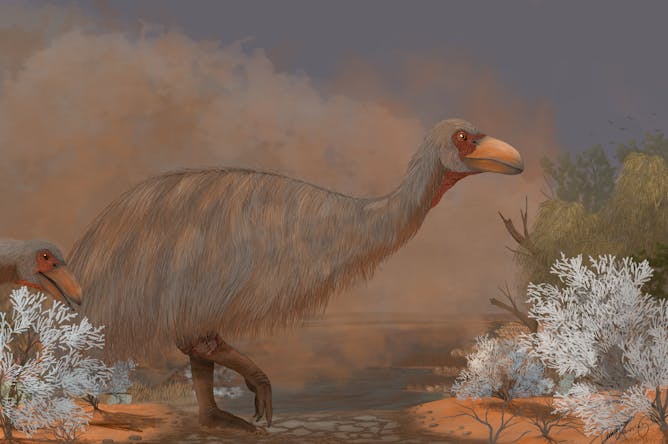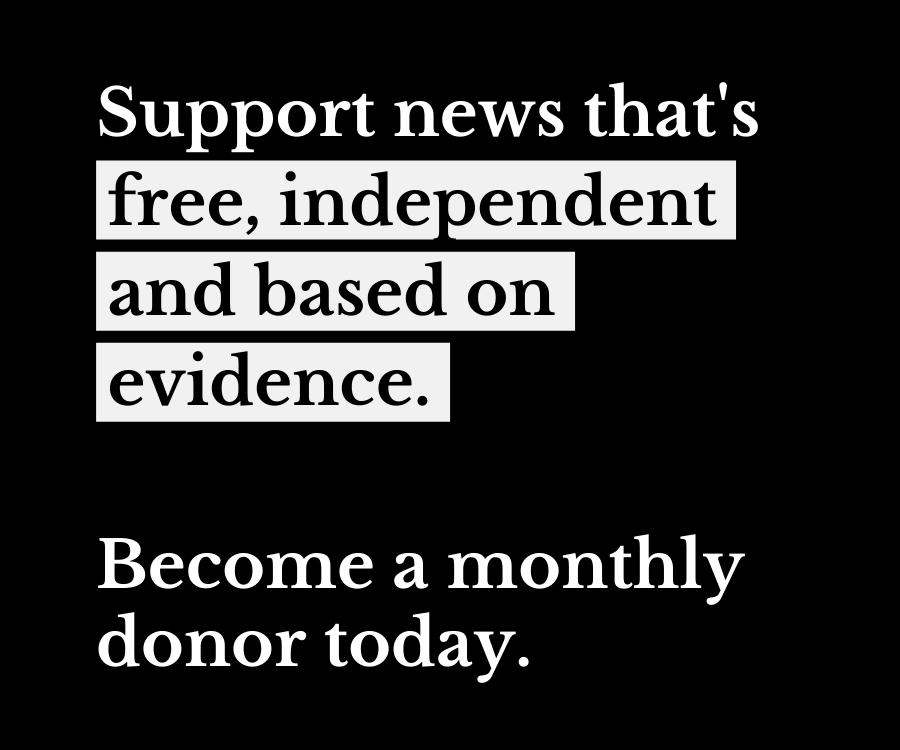|
|
|
|
Two in three IVF clinics in Australia and New Zealand offer a costly additional service to genetically test embryos before implantation. This is to detect embryos that have too many or too few chromosomes, so only those with the “right” amount are implanted.
But new research which tracked women aged 20-37 going through IVF found this type of genetic testing didn’t increase the odds of having a baby.
Karin Hammarberg explains, in addition to the high cost, there’s also a risk of discarding embryos that might have developed into a healthy baby.
Instead of genetic testing, Hammarberg says many women would be better off spending their money on another round of IVF, since most people don’t strike luck on their first treatment cycle.
|

|
Fron Jackson-Webb
Deputy Editor/Senior Health + Medicine Editor
|
|

Karin Hammarberg, Monash University; Robert Norman; Sarah Lensen, The University of Melbourne
Genetic testing of embryos during IVF doesn’t increase the odds of having a baby. But there are a number of downsides, including cost.
|

Emily Ross, University of the Sunshine Coast; Rachael Dwyer, University of the Sunshine Coast
The new version of the Australian Curriculum should be approved for use by 2022. With the ongoing controversy around the document, ministers must remember three crucial things.
|

Jeffrey Robertson, Yonsei University
The two countries are on fundamentally different pages when it comes to regional security, and this is going to become more of an issue in the future.
|

Mark Liu, University of Technology Sydney; Ramona Vijeyarasa
Our new research sets out six ways to cut a more gender-just and sustainable fashion sector.
|

Phoebe McInerney, Flinders University; Lee Arnold, University of Wollongong; Trevor H. Worthy, Flinders University
Genyornis newtoni was one of the biggest birds ever to walk the earth. And new research shows its mysterious extinction may have come amid a bout of widespread bone disease as its lake home dried out.
|

Alexander Gillespie, University of Waikato
As the year ends, New Zealand has done well in important global measures of success. But closer to home, the numbers often told a different story.
|

Andrew Podger, Australian National University
Rather than a royal commission focused on News Corporation, the best approach would be an inquiry into ways to maintain standards and better fund public interest journalism.
|
Politics + Society
|
-
Michelle Grattan, University of Canberra
Michelle Grattan discusses politics with politics + society editor, Amanda Dunn
-
Chay Brown, Australian National University; Annick Thomassin, Australian National University; Eunice Yu, Kimberley Institute; Mandy Yap, Australian National University; Minda Murray, Australian National University
First Nations women are disproportionately more likely to be targets of online abuse. More needs to be done to respond to and support women experiencing technology-facilitated abuse.
|
|
Health + Medicine
|
-
Caroline Gurvich, Monash University; Chen Zhu, Monash University; Shalini Arunogiri, Monash University
The symptoms of menopause, which can include sleep disturbance, depression, anxiety and ‘brain fog’ can span perimenopause and last for up to ten years.
|
|
Science + Technology
|
-
Jessica Thorne, The University of Western Australia; Sabine Bellstedt, The University of Western Australia
Despite the name, some black holes effectively “shine” as they suck up nearby material with such force that it begins to glow. New research reveals a new method for detecting these active black holes.
|
|
Environment + Energy
|
-
Gregory Moore, The University of Melbourne
Tree sunburn tends to occur during hot spring days or in early summer, when trees are full of moisture. So why does it happen? And which trees are most vulnerable?
-
Andréa S. Taschetto, UNSW; Agus Santoso, UNSW
After one La Niña, the Pacific sometimes retains cool water which enables a second La Niña to form.
|
|
Business + Economy
|
-
Andrew Podger, Australian National University
Rather than a royal commission focused on News Corporation, the best approach would be an inquiry into ways to maintain standards and better fund public interest journalism.
-
Lena Waizenegger, Auckland University of Technology; Angsana Techatassanasoontorn, Auckland University of Technology
New research puts the spotlight on how customers deal with chatbots and suggests ways to improve these sometimes frustrating experiences.
|
|
| |
Featured jobs
|

|
|

|
— Canberra ACT, Australia
|

|
— Canberra ACT, Australia
|

|
— Auckland CBD, Auckland, New Zealand
|
|
|
|
| |
| |
| |

|
| |
| |
| |
Featured Events & Courses
|

|
— Victoria, Australia — The Conversation Weekly Podcast
|

|
— Australian Capital Territory, Australia — Politics with Michelle Grattan
|

|
— online webinar, Perth, Western Australia, 6009, Australia — The University of Western Australia
|

|
— Virtual event, Caulfield East, Victoria, 3145, Australia — Monash University
|
|
|
|
| |
| |
| |
| |
| |
|
|
|
|
|
|
|